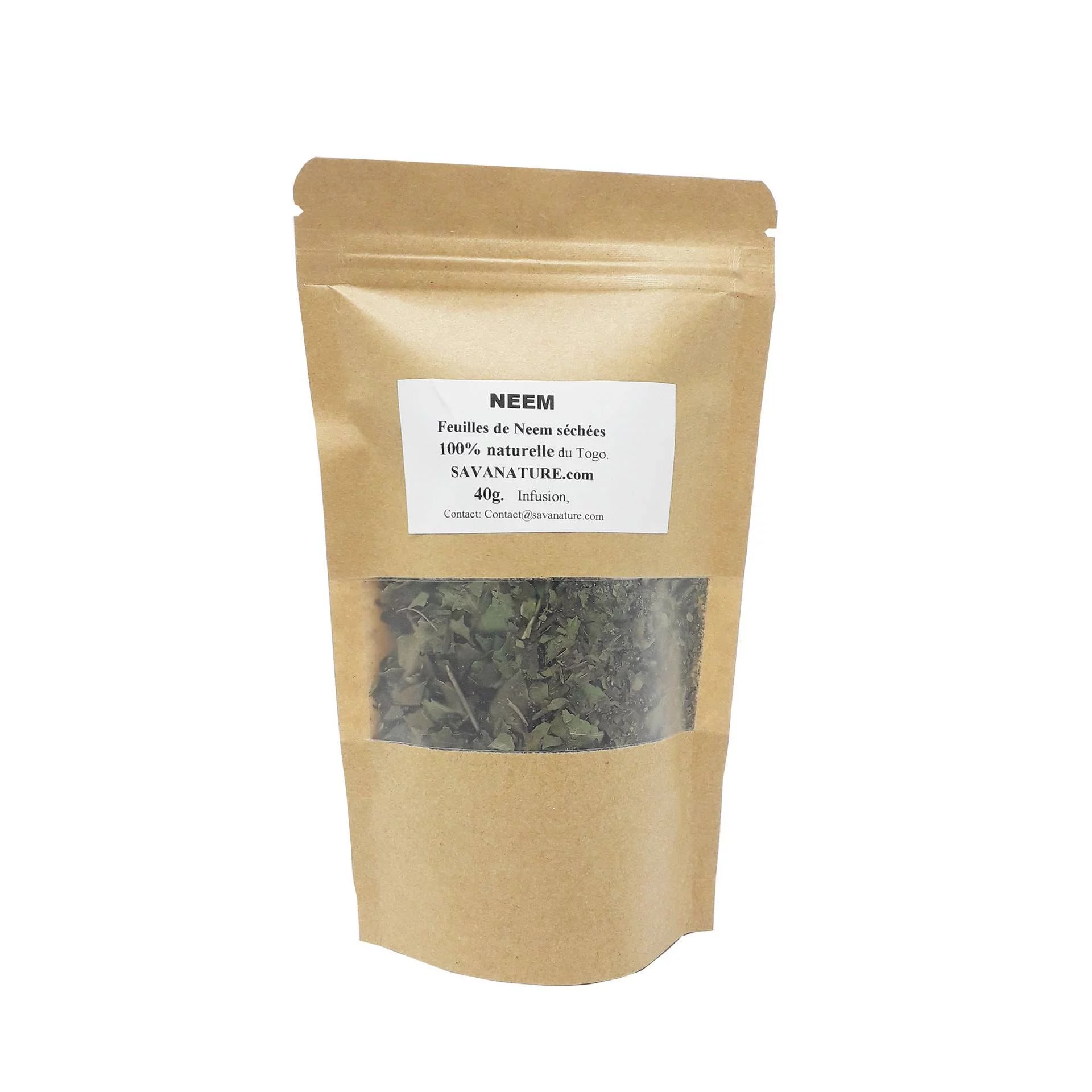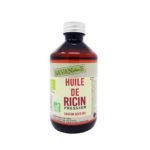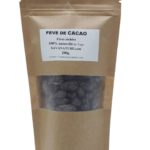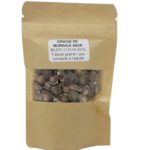Moringa is one of many plant species found in hot countries. However, this tree is unique: its nutritional properties make it a renowned food worldwide. Used to combat malnutrition in poor regions, moringa and its leaves have much to offer. Let's take a closer look at the benefits of a tree that is too often forgotten, yet highly effective.
What are the health benefits of moringa?
It is called the "tree of life". Moringa has been used for decades for its extraordinary nutritional properties. NGOs seeking to combat malnutrition in the world have been using it for a very long time. However, in France and Europe, few people know about the incredible benefits of the tree's leaves, even though it has been gaining popularity in recent years.
What is moringa?
The moringa is a particularly hardy tree that originates from regions with warm climates, such as South America, the Caribbean, Africa and India. Its leaves are known worldwide for their many virtues. They are part of the diet of local populations. In Europe, however, the leaves are dried before being ground into powder. It is therefore used exclusively as a food supplement.
In India, moringa is a staple food. In particular, the fruit is eaten, usually as a curry. In Africa, local people eat the leaves of the tree in traditional recipes such as couscous. In the Philippines, the same leaves are used in a very nutritious coconut milk soup. Although we know little about it in Europe, the moringa tree has long since proven its worth. This tree is distinguished by its astonishing composition and its multiple health benefits!
The composition of moringa
Specialists are unanimous: the composition of moringa is particularly rich from a nutritional point of view. Many nutrients are found in it, particularly vitamins. In total, there are even more than ninety. Many believe that this plant is the most nutritious and complete plant available. The seeds and leaves of the tree are the most commonly consumed parts. They are used fresh, dried or cooked. In some cases, they are ground into a powder (as is the case for marketing in Europe).
The exceptional composition of moringa contains several types of vitamins. There are many vitamins of the B group (B1, B2, B3, B5, B6, B8, B9, B12), but also vitamins C, A, D, E and K. It is therefore one of the most vitamin-rich foods. As far as minerals are concerned, potassium, calcium, magnesium, selenium, potassium, iron, chloride, chromium, fluorine, sulphur, copper, zinc and some other elements are present.
But that's not all. The leaves and fruits of the tree also contain essential amino acids such as: isoleucine leucine, valine, phenylalanine, methionine, lysine, tryptophan, threonine and histidine. There are a few secondary amino acids in the rest of the moringa composition. Finally, several other elements complete the composition of moringa, such as flavonoids, chlorophyll, polyphenols (antioxidant compounds)...
The benefits of moringa
It is not easy to list the benefits of moringa, as there are so many. They are the positive consequences of the amazing composition of the tree and its leaves. Thus, it influences all aspects of our health and our body. You will be surprised.
Energy and vitality
First of all, it is important to describe moringa as the tree of vitality. Its components (especially the vitamin CA and E) are of great support for our immune system. In addition to being antioxidants, these vitamins help to strengthen the body's natural defences in all seasons. It can be ideal to consume moringa at the main changes of seasons, and in particular at the approach of winter. This vitamin concentrate helps to prevent winter illnesses and infections (Examining the evidence for the use of vitamin C in the prophylaxis and treatment of the common cold. Heimer KA, Hart AM, et al. 2009).
In general, moringa helps us to fight against fatigue and to feel better in our daily lives. It prevents infectious diseases, anaemia and mineral and vitamin deficiencies.
A powerful antioxidant plant
Moringa is a particularly powerful antioxidant plant. It contains polyphenols and flavonoids, which are antioxidant compounds. Their task is to combat the effects of free radicals on the body's cells. They are shields against diseases (Study SU.VI.MAX on the effects of antioxidant vitamins and minerals on the prevention of chronic heart disease and cancerINSERM).
The role of antioxidants is to cleanse the body and thus make it more efficient. The general condition of the body is improved by their consumption. Moringa can be considered an anti-ageing plant because of its effect on cell renewal, memory work and brain activity. Finally, these antioxidant effects can also promote weight loss.
A unique concentrate of nutrients and vitamins
Moringa not only has more than ninety nutrients that are of interest to our bodies. In fact, the plant possesses these nutrients in very large quantities, and this is what makes it so strong. NGOs use it to combat malnutrition because it is naturally very rich in a wide range of nutrients. More specifically, moringa contains seven times more vitamin C than an orange, twice as much vitamin A as a carrot and five times as much vitamin E as an almond!
And that's not all. This tropical tree also contains four times more calcium than milk and ten times more than almonds. It has twice as much protein as quinoa and yoghurt. Finally, moringa contains three times more iron than kale or spinach. This tree (its leaves and fruit, to be precise) is a highly nutritious food. And it is these elements, present in large quantities, that make moringa a medicinal tree, not just a food tree. Like spirulina, it helps to combat malnutrition around the world.










Reviews
There are no reviews yet.